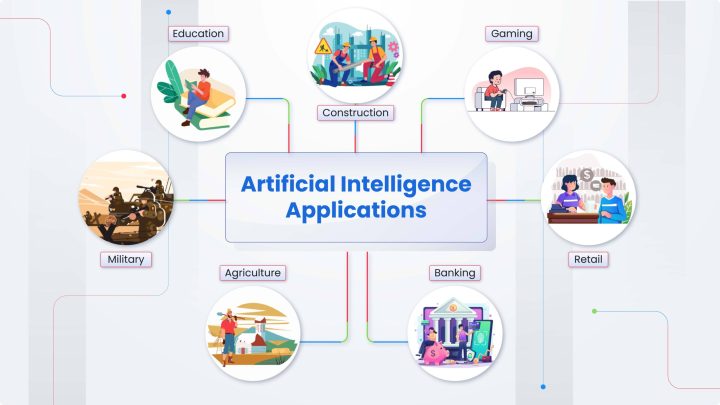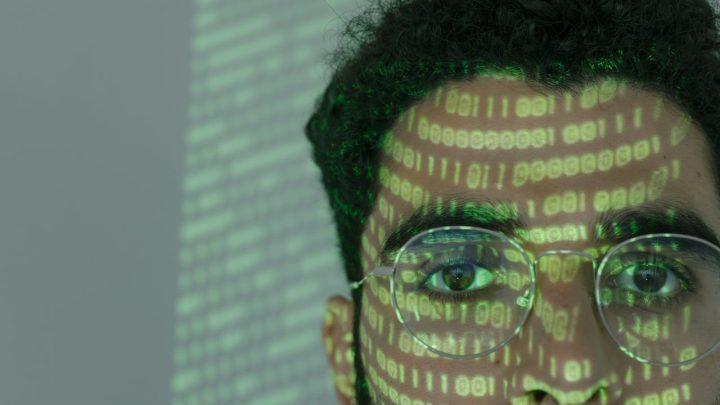Frequently Asked Questions
The most active sectors include healthcare, fintech, e-commerce, agriculture, and logistics; where AI solutions like predictive analytics, chatbots, and computer vision are increasingly implemented.
Key skills include programming with Python, familiarity with ML frameworks like TensorFlow and PyTorch, mastery of data visualization tools, and a solid grasp of statistics and algorithms.
Yes, several Pakistani universities, including NUST, LUMS, Punjab University (PUCIT), and GIKI, now offer AI-focused degree programs, and institutions like PIAIC and NCAI also provide professional training and certification.
Absolutely! There is a growing demand for AI and ML talent on global platforms. Many professionals secure contracts remotely in roles like AI engineer, data scientist, NLP specialist, or AI content creator.
Yes, the government has launched efforts like the National Center for Artificial Intelligence and the PIAIC initiative to train thousands in AI. Additionally, large-scale infrastructure investments are planned, including allocating electricity for AI data centers.







